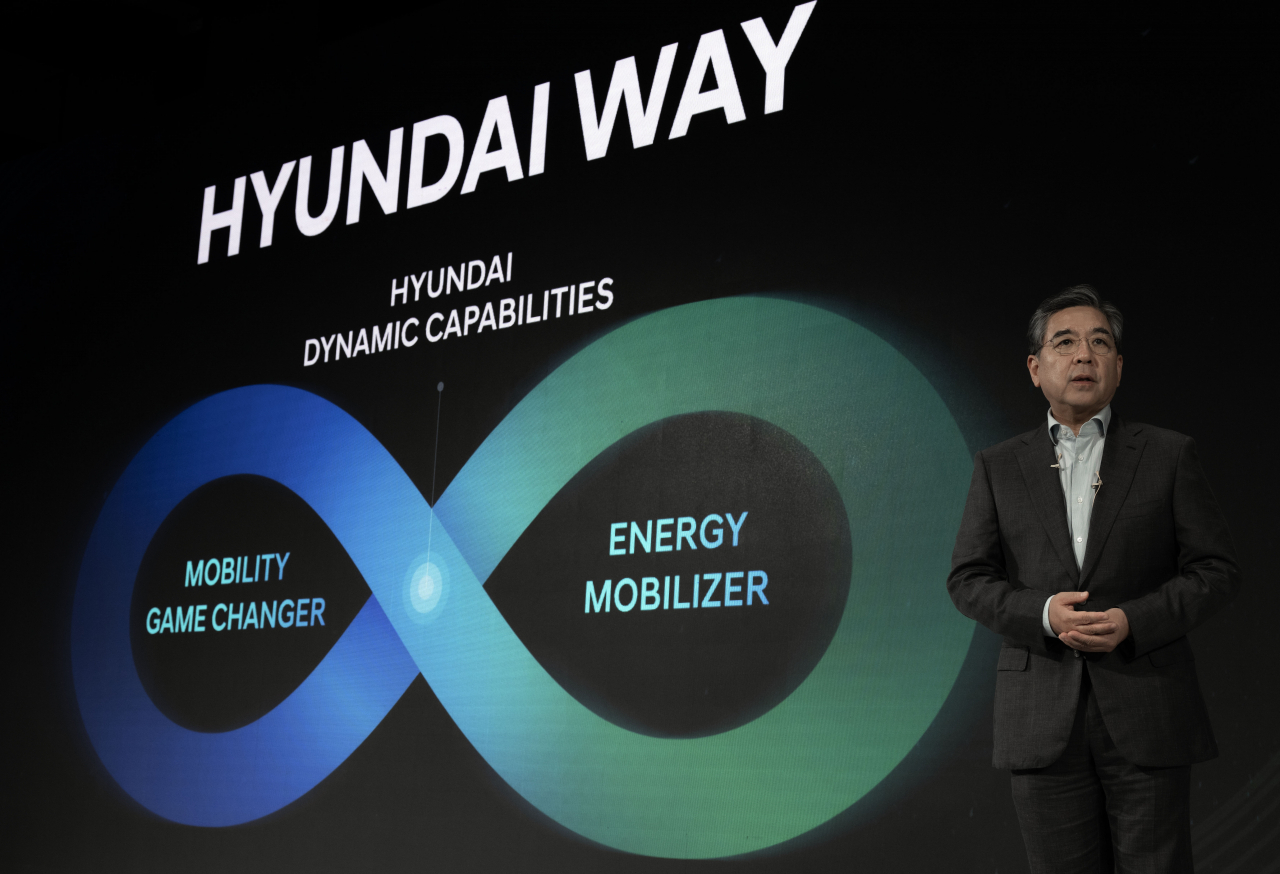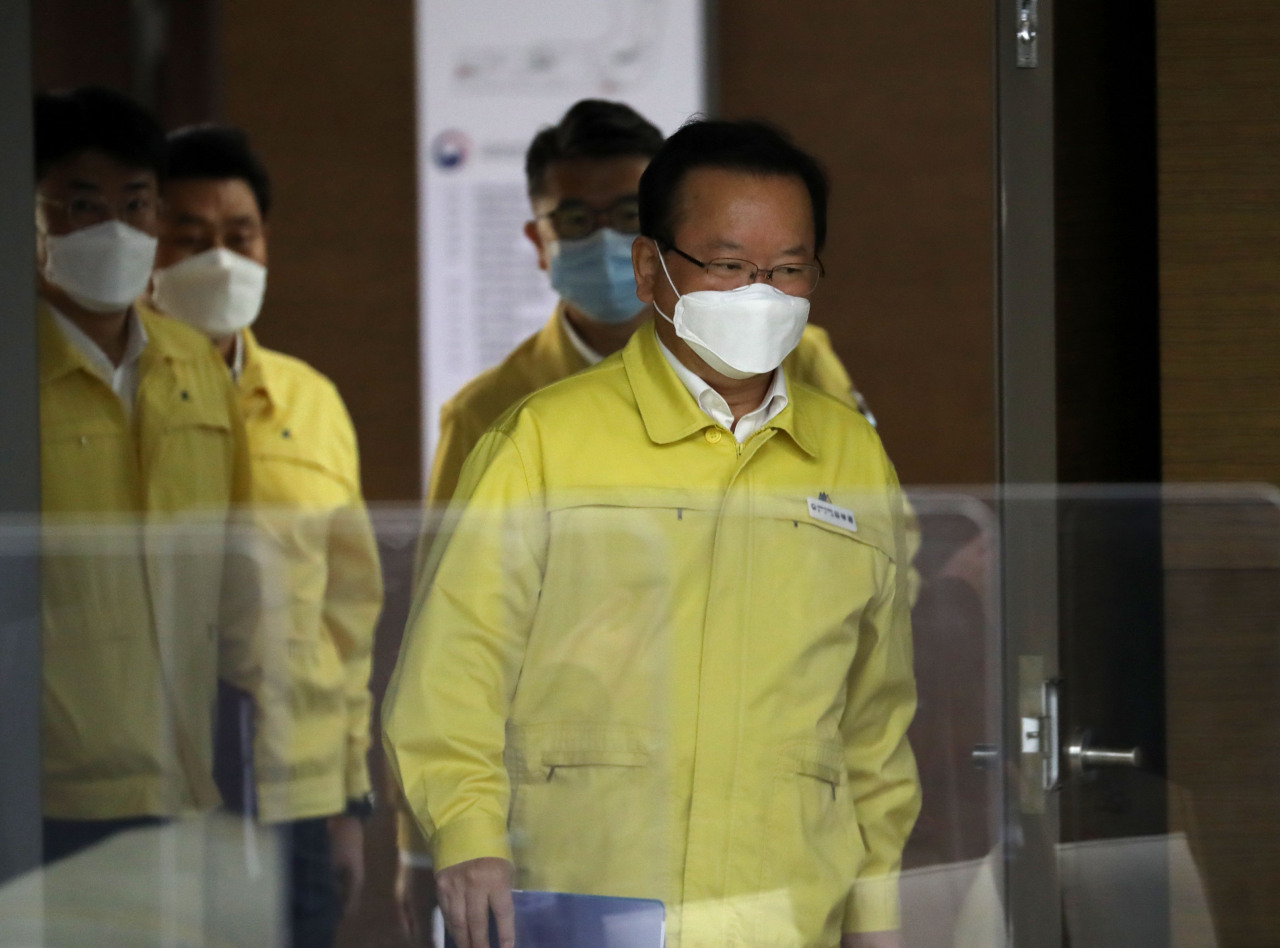Critical race theory: This isn’t the first Republican backlash.
Listen to What Next:
Apple Podcasts
- Spotify
To understand what’s happening right now with critical race theory, it helps to go back to when the idea was first germinated in the 1970s. During that time, Derrick Bell, who’d become the first tenured Black professor at Harvard Law School, was researching racism wasn’t just about individual choices, but structural—baked into systems, legal and otherwise, that people come up against in their lives. Bell’s ideas gained purchase among other Ivy League scholars, including Kimberlé Crenshaw, who helped organized a 1989 conference called “New Developments in Critical Race Theory,” effectively giving this new field a name. Bell and his compatriots tried all kinds of ways to impart his big idea—that American law is imbued with racial bigotry—to the broadest possible audience, from sci-fi stories to discursive books that were recommended in universities. But in recent times, the theory behind these stories has been infamously squashed and twisted by Republicans and conservative pundits. After decades of use within academia, how did critical race theory become so controversial, so quickly? To find out, I spoke with Adam Harris, a staff writer at the Atlantic who was introduced to critical race theory during college, on Tuesday’s episode of What Next. Our conversation has been edited and condensed for clarity.
Adam Harris:As a framework for understanding, race in American law, critical race theory has been, for academics, a very useful tool. But the problem is that, as with other academic frameworks and theories, it gets distorted when it leaves academia.
Mary Harris: I was surprised by how long these three words—critical race theory—had been used as a conservative boogeyman. Never been as much as now, but it’s come up before. Like Lani Guinier, who was nominated by President Bill Clinton to be an assistant attorney general, her nomination was scuttled partially because of discussion about critical race theory. Can you talk about whenthese three words were seized on in order to criticize people, especially Democrats?
AdvertisementLani Guinier’s nomination was one of the first times you really saw the theory show up in a major way—when Democrats backed away, they were all effectively saying she was too radical and CRT too divisive of a concept. But then it kind of went dormant in the broader conversation. You saw a mention of it when Derrick Bell died in 2011 and a video resurfaced of President Barack Obama introducing Bell when Obama was a student in the 1990s. Conservatives said this was evidence the president was consorting with radicals. And that was the first mention of CRT on Fox News. The second instance is a throwaway mention after George Zimmerman acquitted for the murder of Trayvon Martin. Then you don’t really hear about it much. There are about four or five mentions in between Zimmerman’s acquittal and June 2020, right after George Floyd is murdered by Derek Chauvin. Then people take to the streets, and you start to see a pushback to this fundamental reassessment of the gaps and inequities in American society.
Advertisement Advertisement Advertisement AdvertisementOver the past year, one person in particular has been leading the charge against critical race theory: Christopher Rufo. He lives in Seattle and works for a conservative think tank. As protests were sweeping the country last summer, he got an email from a city of Seattle employee. It said required diversity training was teaching employees to hate their country – and it included PowerPoint slides as proof. Rufo saw this as an opportunity, and he started writing about it.
He doesn’t use the term critical race theoryat first. But he starts to get messages from other school districts, various anecdotes from the federal government, and he writes each of these up and into a small portfolio of stories. Then he’s invited by September on Tucker Carlson’s show. Rufo starts off by saying that critical race theory is infecting the upper echelons of American bureaucracy, that it’s become the dominant theory of diversity trainings, and that it should be banned because it is teaching white people to hate themselves—that it’s teaching Americans to hate America fundamentally, things that are contrary to what critical race theory actually does. Rufo then calls on President Donald Trump to ban critical race theory and federal workforce trainings. He receives a message the next day from the president’s chief of staff. The president had apparently been watching the program. And three weeks later, the president signs an executive order banning the fun house mirror version of critical race theory that Rufo had outlined on Fox News.
Advertisement AdvertisementRufo seems to know exactly what he’s doing: There’s a name, CRT, that he can hang a whole bunch of feelings on. He’s not subtle about it. He says he wants everyone to associate any negative feelings they have about race and about being forced to talk of race with this phrase.
AdvertisementYou know, I asked him to define what critical race theory was at that time. He defined the theory in a way that many critical races theorists actually would not disagree with. But outside of the definition of the theory, he said that effectively he wants to wrap all of the things that, you conservatives disagree with under this veil of “critical race theory” so that it’s fundamentally changed the public’s understanding of what the term actually means.
AdvertisementIt’s important to say flat out that what conservatives are mad about right now is not necessarily critical race theory itself—that’s the brand name they’ve assigned to a bigger fight over how Americans talk about race. But that hasn’t stopped Republicans in statehouses around the country from rushing to legislate away any mention of critical race theory in school curriculums or government trainings. Sometimes the language is much broader than that, simply looking to quash “divisive concepts” in the classroom. So far, legislation about critical race theory or related ideas has been introduced in 22 states, and signed into law in six of them. The language, mechanisms, and consequences are different between each bill, but the overall effect is mostly the same.
Advertisement Advertisement AdvertisementWhat free speech advocates were worried about at the beginning was that such bills would effectively chill speech, chill what teachers and professors felt comfortable being able to say.
You’ve written that the vagueness is part of the point: If you’re so vague anything can go in there.
That is effectively the point of the way that the bills are written. Some of these “divisive concepts” are written in a way that it’s like, if I teach my students about exclusionary zoning laws, is that how you understand a “divisive concept”?
AdvertisementOne person’s “divisive concept” is another person’s truth and history.
Exactly. Teachers are just teaching history and facts. It is true that redlining continues to affect housing segregation in cities today. That’s not a belief. That is a fact.
AdvertisementThe most chilling rule to me was one in Florida requiring folks at public universities to be surveyedto ensure that there was “intellectual diversity.” There’s no indication of how the surveys will be used. It’s just a vague, clouded threat.
I also keep coming back to the Pennsylvania legislation that says certain books can’t be taught, that certain speakers, can’t come to campuses. It’s been interesting because over the past several years, that has been a prominent conservative criticism, that they’re shutting down conservative speakers, and now you have conservative lawmakers introducing bills that would ban speakers from coming to campus, that would ban teachers from assigning certain texts. That’s a textbook free speech violation.
AdvertisementPopular in News & Politics
- A Great American Con Led to the Mess on College Campuses. Everyone Fell for It—Again.
- The Trump Defense Made Hope Hicks Cry. The Prosecution Got What It Wanted.
- There’s One Part of Brittney Griner’s Account of Life in Russian Prison That Really Stands Out
- Only One Thing Will End the Protests—and Relieve Joe Biden of This Gigantic Headache
You’ve studied equity in education for a long time, and this whole debate makes me wonder if you have thoughts about why education in particular is such a lightning rod for these issues. Why are we always fighting in the schools?
The conversation about curriculum and what people are being taught has such a long, long history. America is dead set on this idea of local control over schools, and in time that extends into the curriculum. Of course, the idea of local control over schools is in part what keeps America’s schools remarkably inequitable, in terms of the funding they receive through local tax dollars and such. But going back even further than that, you saw, during the civil rights movement, the University of Mississippi was almost literally in 1962. You had protests, bombings—
Because they were trying to integrate schools.
Advertisement AdvertisementYeah. Schools have historically been this this flashpoint. It comes as no surprise now that when we’re in the wake of another reassessment of American history and the deep inequalities in American society, schools have once again become one of the flashpoints.
I wonder if you look back at that history and think that all this may be the beginning of something rather than the end.
Advertisement AdvertisementWhen you have parents literally being arrested protesting this boogeyman of critical race theory in schools, you are seeing a more aggressive pushback to this iteration of reassessment. There are a couple of ways this could go. It’s clear at this point that this boogeyman is not going away anytime soon. And in the conservative publishing ecosystem, there are books coming out soon that will point to critical race theory as something broadly “infecting” American society.
AdvertisementWhen I think about how we teach race in America, I often in my mind compare it to Germany. After World War II, there was a curriculum implemented where students were taught from a young age about how Hitler rose and why the Nazis came to power. They were explicitly taught that it was wrong. We don’t do anything close to that when it comes to slavery in the United States. And then I think about how Germany is struggling with its own right wing that seems to have come about in spite of this very careful thinking about how we talk about our history and who we are. It makes me wonder, I don’t know if we know how to have this conversation and I don’t know if anyone’s figured it out yet.
I don’t think America has figured out how to talk about race. I don’t think the world more broadly is able to talk about imperialism and the history of colonialism in a way that is consistent what actually happened. I still don’t think we are having those kinds of robust conversations because they’re difficult, because they make people uncomfortable. And when people get uncomfortable, they want to push back and rebel against that feeling of unease.
Tweet Share Share Comment(责任编辑:产品中心)
 优化广东优质农产品产销资源对接!“农友圈”又有新动作
优化广东优质农产品产销资源对接!“农友圈”又有新动作 Artists are protesting Trump with a pointed fill
Artists are protesting Trump with a pointed fill Data breach leaks personal information of tens of thousands of college students
Data breach leaks personal information of tens of thousands of college students In letter to quake
In letter to quake 'Hyundai Way': Auto giant's W121tr plan aims to seize mobility market lead
'Hyundai Way': Auto giant's W121tr plan aims to seize mobility market lead
- Upgrade Your Monitor, Not Your GPU
- Samsung Galaxy S20+ and S20 Ultra pre
- The 'Creeper Challenge' has group chats fighting to finish song lyrics in the right order
- 韶关市市长陈志清:2023年韶关林业总产值270亿元,增长10%
- Yoon, US Senate's armed service committee chief discuss alliance, N.K. threats
- Bumble reinstates political filters after complaints from users
- 科教兴院 人才强院
- Trump and Saudi Arabia: The president is taking America’s long
-
 【来源】学习强国
...[详细]
【来源】学习强国
...[详细]
-
S. Korea to cut dosage interval for COVID
 Prime Minister Kim Boo-kyum attends a COVID-19 response meeting in the central city of Sejong on Wed
...[详细]
Prime Minister Kim Boo-kyum attends a COVID-19 response meeting in the central city of Sejong on Wed
...[详细]
-
Larry Kudlow bashes Peter Navarro for "globalist billionaires" comments.
 Popular in News & Politics Elena Kagan Sees Exactly What Samuel Alit
...[详细]
Popular in News & Politics Elena Kagan Sees Exactly What Samuel Alit
...[详细]
-
It looks more and more like GM will release an electric Hummer
 Arnold Schwarzenegger gets it. The movie star and former California governor unveiled a converted el
...[详细]
Arnold Schwarzenegger gets it. The movie star and former California governor unveiled a converted el
...[详细]
-
Ford can make your Mustang Mach
 One of the first big tricks Tesla pulled from its sleeve was when it started offering over-the-air u
...[详细]
One of the first big tricks Tesla pulled from its sleeve was when it started offering over-the-air u
...[详细]
-
 会议现场雅安日报/北纬网讯4月11日,雅安市人民医院以下简称:市人民医院)召开2019年度科教工作大会,对2018年度学科建设、科研论文、科研立项、继续医学教育等七个方面的科教工作进行总结,通报表扬2
...[详细]
会议现场雅安日报/北纬网讯4月11日,雅安市人民医院以下简称:市人民医院)召开2019年度科教工作大会,对2018年度学科建设、科研论文、科研立项、继续医学教育等七个方面的科教工作进行总结,通报表扬2
...[详细]
-
Another video on YouTube intended for kids is going viral for all the wrong reasons
 Welcome toSmall Humans, an ongoing series at Mashable that looks at how to take care of – and
...[详细]
Welcome toSmall Humans, an ongoing series at Mashable that looks at how to take care of – and
...[详细]
-
Brilliant Hubble photos show colliding galaxies
 When galaxies collide, they appear distorted and strange.This week, astronomers working on the NASA
...[详细]
When galaxies collide, they appear distorted and strange.This week, astronomers working on the NASA
...[详细]
-
9 Festive Holiday Treats and Where to Find Them
 Whether it’s lechón(roast suckling pig) for Noche Buena in the Philippines or an aspic made ofbathtu
...[详细]
Whether it’s lechón(roast suckling pig) for Noche Buena in the Philippines or an aspic made ofbathtu
...[详细]
-
Andretti eyes new Formula One team
 LOS ANGELES:American motor racing boss Michael Andretti has applied to launch a new Formula One team
...[详细]
LOS ANGELES:American motor racing boss Michael Andretti has applied to launch a new Formula One team
...[详细]
- Speeding space object triggered a warning. It wasn't an asteroid.
- The Camp Fire, nationalism vs. patriotism, Steve McQueen, and the Starbucks app.
- Alexandria Ocasio
- 培育“新农人”,助推徐闻农业高质量发展
- 特写|在农事定向大赛遇见和美乡村
- Morata says Allegri persuaded him to stay at Juventus
- Facebook’s crises, sexual harassment at Dartmouth, and William Goldman.

